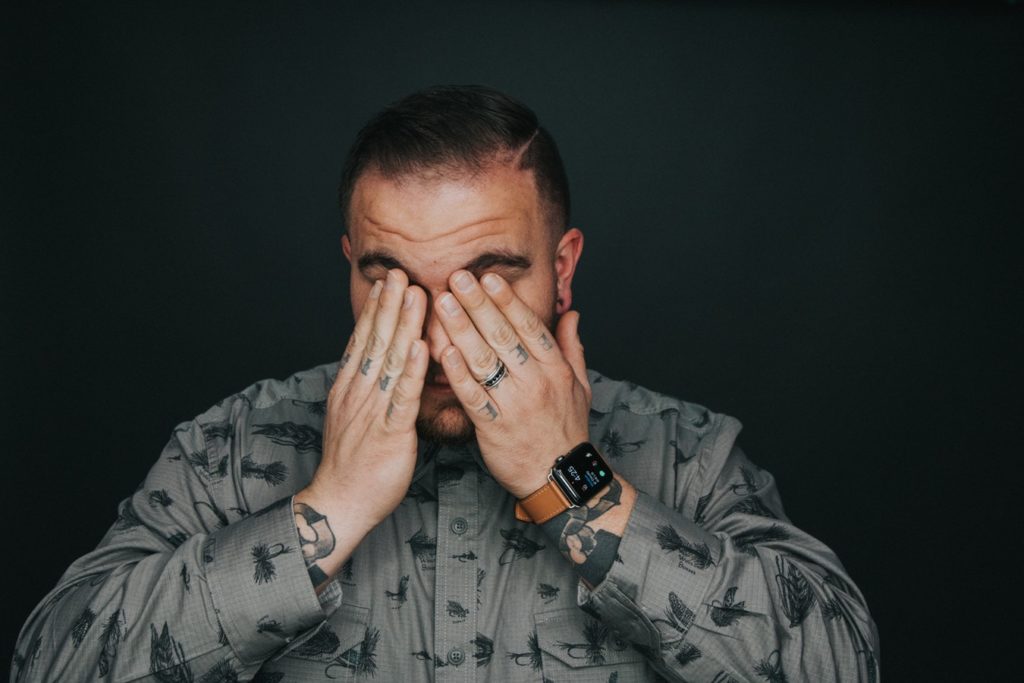When a patient first visits a Naturopathic Doctor regardless of what the presenting complaint is, one of the first items to be addressed is their quality of sleep. Sleep has such a critical role for repair and regeneration the body. Poor sleep quality has been linked to poor immune function as well as inflammation and weight gain.
When it comes to migraines, there is very consistent and compelling research to link poor quality sleep as a huge trigger for migraine headaches. It has been shown that nearly half of all migraines will occur between four to nine am. When patients come in presenting with an awakening headache, sleep and sleep quality is one of the first things that needs to be addressed. If you are sleeping less than six hours per night, having trouble falling or staying asleep, wake up in the morning unrefreshed or having daytime fatigue it is possible that you are not getting the quality of sleep that you deserve.
Not only can sleep disorders cause migraines, but studies have also shown a higher prevalence of poor quality of sleep amoung migraine sufferers. In fact, according the the American Migraine Foundation, headache sufferers have a two to eight time greater risk of sleep disorders than the those who do not suffer from headaches.
It is not just sleep loss that affect migraines but also oversleeping and shift work. It seems that establishing a consistent sleep cycle is one of the most important things that migraines sufferers can do the ease bring triggered.
5 Practical Tips to Improving Sleep Quality
- Set a consistent sleep and wake time – Ideally this sleep time will fall between the hours of 10pm – 6am. We have a strong circadian clock, and our melatonin production rises as we fall asleep and peaks around 2am. Melatonin production helps our bodies get into that deep restortative sleep that equates to better sleep quality
- Aim to sleep between 7-9 hours per night. Any more or less sleep could be migraine triggers. If you require more than 9 hours of sleep it is often because you have poor sleep quality.
- No electronics 30min before bed. Pick your time to fall asleep, and then 30 minutes before make sure that you are in bed doing calming activities. I often suggest that this is a great time for reading with a book light, leafing through a magazine or deep breathing. There are great meditation apps like calm, or buddify that you could do at this time as well. Make sure that you download the app called F.lux for your computer and phone which will filter out the harmful blue light that affect melatonin production
- Avoid caffeine, alcohol and sugar – Adenosine is a neuromodulator that promotes sleep. It rises through the day to put you to sleep and then falls at night to help you wake up. Caffeine, sugar and alcohol are all things that inhibit the rise in adenosine, making their consumption challenging for you to get quality sleep
- Get good at stress – I hate to say avoid stress, as we all know that is virtually impossible. We need to get better at handling stress, or at least learn to take time to fill out buckets from the draining effects of stress. Cortisol, also known as the stress hormone is another factor that blocks adenosine from rising making it challenging to sleep. When we are stressed all day, our primitive brain thinks we are under attack. Since our primitive brain is meant for survival it doesnt understand that you are just having a fight with your boss and instead thinks it needs to save you from being attacked by a lion. If a lion is near, the last thing your brain wants to do is allow for a deep and restorative sleep. Doing mindful stress relieving practices through the day is one of the best ways to improve your quality of sleep at night. One simple tool in stress reduction is deep square breathing. Pair this when you are going to the washroom or even at a stoplight when you are driving. Inhale for 4 seconds, hold for 4 seconds, exhale for 4 seconds and hold for 4 seconds.
REFERENCES:
Kelman L, Rains JC. Headache and sleep: examination of sleep patterns and complaints in a large clinical sample of migraineurs. Headache 2005; 45:904–910
Yu-Kai Lin. Association between sleep quality and migraine frequency. Medicine 2016; 95(17): e3554.
